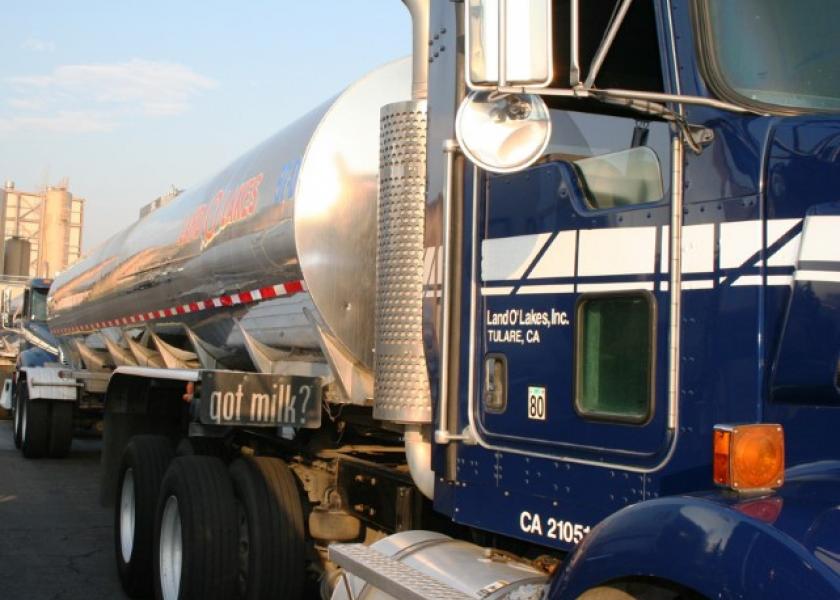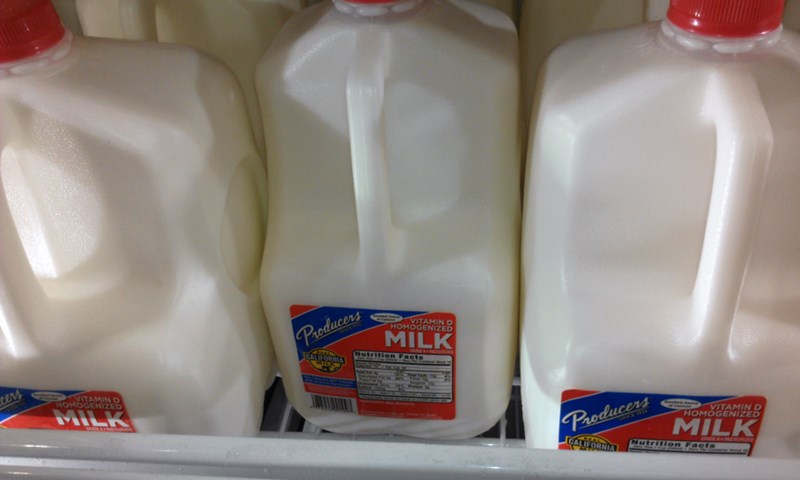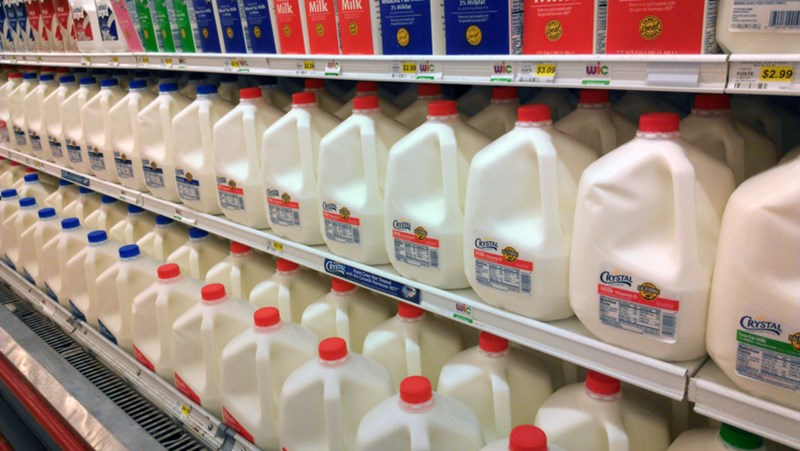Three Dairy Groups File Counter-Proposals to California's FMMO Petition

Milk processors, producer-handlers and a Nevada dairy weigh in.
Three dairy organizations have filed counter-proposals to the historic petition for a California Federal Milk Marketing Order (FMMO) presented to USDA in February.
The Dairy Institute of California, the California Producer Handlers Association (CPHA) and Ponderosa Dairy each met the April 10 deadline set by USDA for additional Federal Order proposals. Read their responses here.
The three newest proposals follow the formal hearing request USDA received Feb. 4 from three California dairy cooperatives. California Dairies Inc., Land O’Lakes and Dairy Farmers of America are joint petitioners seeking a hearing from USDA to consider a Federal Order pricing system in the Golden State.
Milk Processors: Pooling Should Remain Voluntary
The Dairy Institute, a trade association that represents California’s milk processors, believes “there are no significant disorderly marketing conditions that warrant” a California Federal Order proposal or hearing. But recognizing that USDA may proceed with an FMMO hearing, the Institute has proposed a federal plan patterned after the other 10 FMMOs now operating in the U.S.
Under the Institute’s plan, “pooling” would be voluntary, as it is in all other FMMOs. In those Federal Orders, all Class I milk handlers (bottlers) pay the regulated minimum price for the milk they purchase. Under the co-ops’ plan, however, pooling would be mandatory. In other words, voluntary de-pooling of any class of milk will not be permitted.
“If a new FMMO is adopted for California, it should be structured and operated like all the other federal milk marketing orders,” says Rachel Kaldor, the Institute’s executive director. “But the co-ops are proposing a plan that ‘cherry picks’ from the current state system, creating a hybrid federal system that would put California’s dairy industry at a competitive disadvantage with other states.”

Producer-Handlers Want Quota Exemption Preserved
CPHA is made up of four California dairies that produce and process milk for delivery to consumers: Foster Dairy Farms Inc., Hollandia Dairy Inc., Producers Dairy Foods Inc. and Rockview Dairies Inc. CPHA’s proposal seeks to preserve the producer-handler quota exemption “in any FMMO adopted in California that also retains the California quota system.”
For decades, a portion of producer-handlers’ milk has been exempt from pooling “due to the different market and pricing relationships with the end buyer of their milk,” CPHA’s 16-page proposal says.
Under the co-ops’ petition, producer-handlers who hold exempt quota would be subject to pooling – “an all or nothing determination,” notes CPHA. That would eliminate “nearly all the value in investments and strategic business decisions they made over nearly 50 years to maintain their respective exempt quota.”
“Preserving their quota exemption is necessary for the continued viability of their dairies,” CPHA states.
The co-ops’ FMMO plan calls for retaining California’s decades-old quota program. None of the nation’s 10 FMMOs includes quota. California’s milk pool quota is an asset that brings its owners a higher milk price.
“Maintaining the exempt treatment for the quota honors the original intent of the quota system," CPHA says, adding that "the overall impact to the market and pricing is nominal at best as the percentage of the producer-handler exempt quota production is only 0.6% of the total California market.”
Discrimination against Out-of-Area Milk Producers
Ponderosa Dairy, situated on the California border in Amargosa Valley, Nev., has supplied fluid milk to California since 1994. As an out-of-state dairy, Ponderosa has not been able to purchase or own quota under California’s program. But, alternatively, it is permitted to receive the plant-blend price for its milk. That’s the average of class utilization for the plant.

The co-ops have proposed that Nevada milk should receive the lowest of two blend prices, according to Ponderosa Dairy’s comments to USDA. That “would fundamentally alter the pricing that has been available to Nevada raw milk shippers . . . and would frustrate Ponderosa’s investment in Nevada, which was made against the backdrop of the California system,” Ponderosa Dairy says.
Echoing the Dairy Institute’s stance, Ponderosa Dairy believes the co-ops’ have not presented sufficient evidence of a need to promulgate an FMMO in California. It also maintains that Nevada raw milk does not cause disorderly marketing for California, and the co-ops’ proposal “erects a trade barrier” that discriminates against out-of-area milk producers.
The Nevada dairy recommends that if a FMMO hearing is held, a new provision could be added to the California order that removes the trade barrier and retains the plant-blend status historically afforded to Nevada milk, “so that out-of-area producers are not subsidizing quota for California producers.”
California is the nation’s top milk producer, accounting for more than 20% of U.S. output. California’s dairy producers have operated under a statewide milk pricing system since the 1930s. In contrast, the majority of producers in the rest of the nation operate under a Federal Order.
Proponents of an FMMO believe the failure of California's state system to pay a fair price has cost California’s dairy producers nearly $2 billion since 2011.







